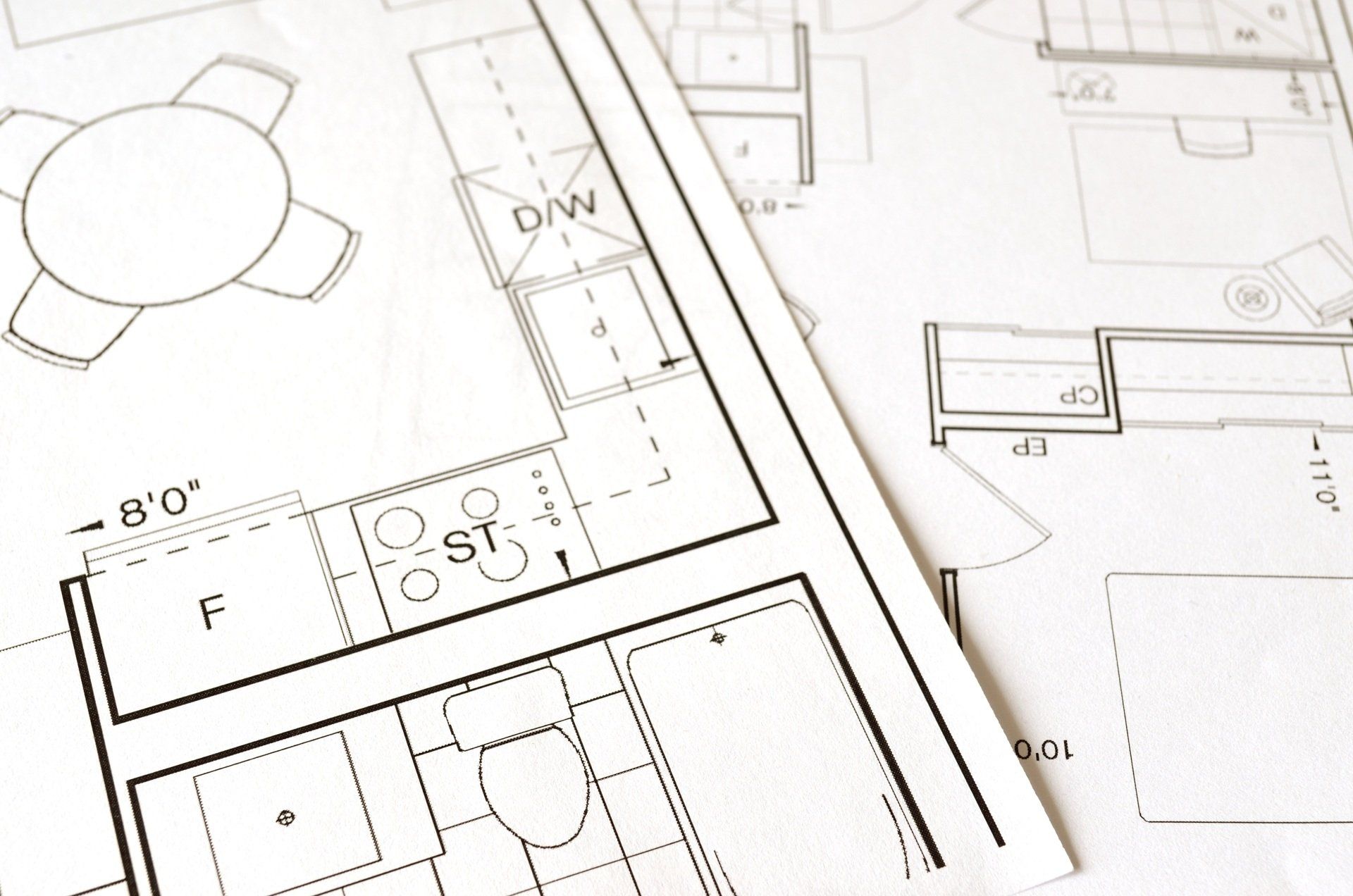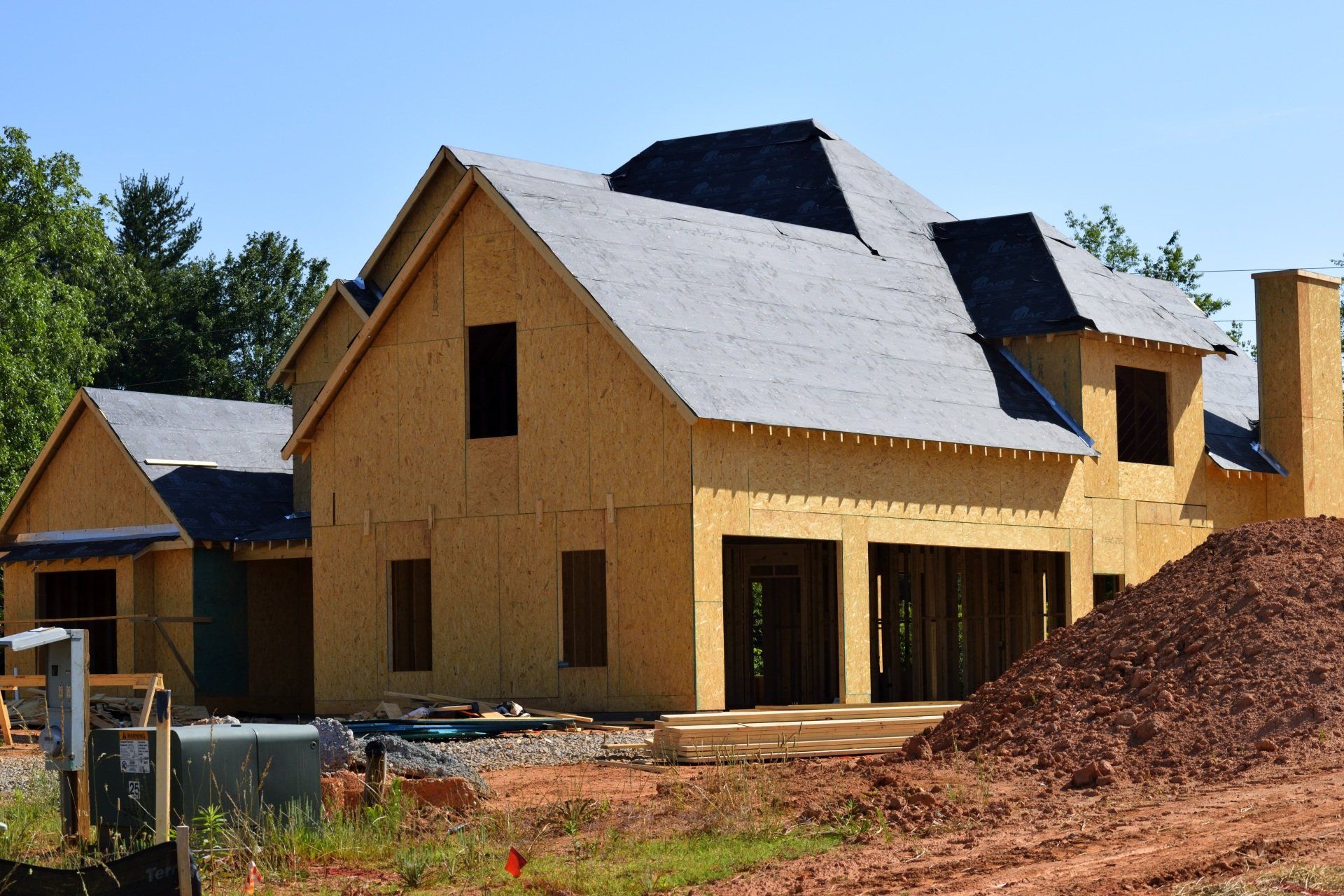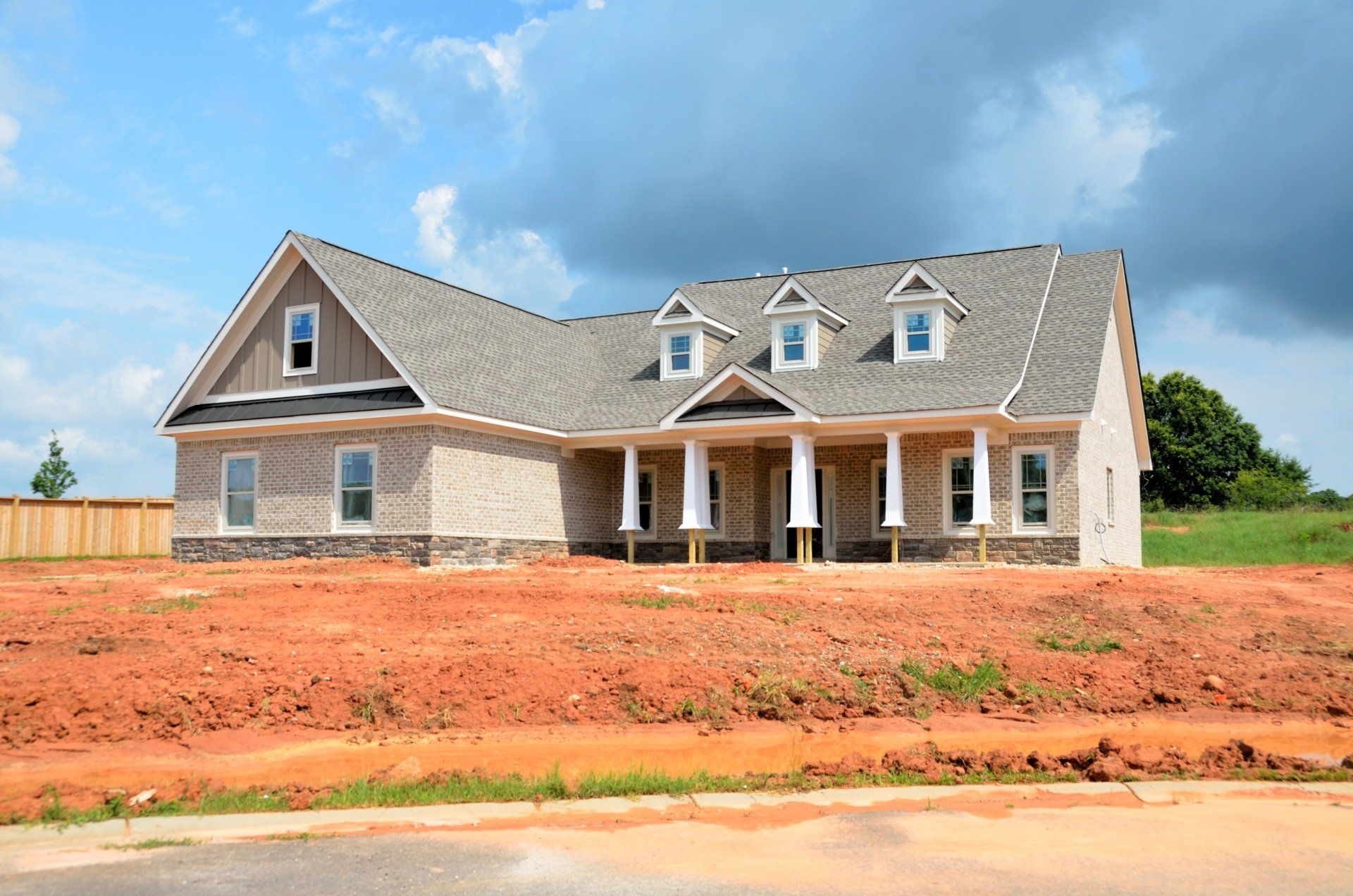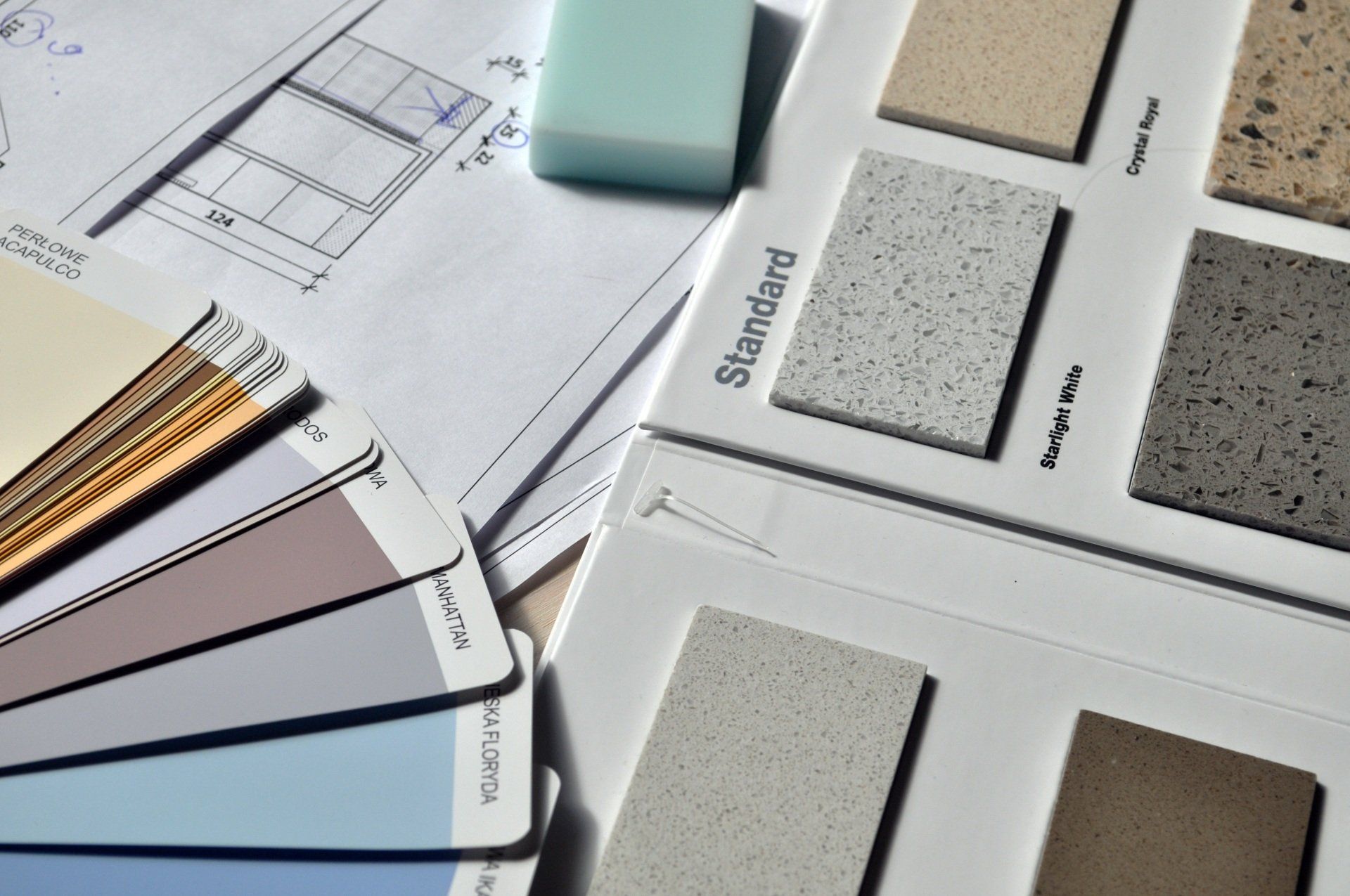Are Custom Built Homes Expensive?
2023 Florida Custom Home Building Costs
How much are custom-built homes in Florida? What is the “normal” square foot price? If you’re in the market for a custom Florida home, you’ll probably have plenty of questions. No worries, today’s article is all about the real cost of a custom home. Here’s what you should know:
Custom Homes vs Spec Homes: what are the differences?
Features that affect the price per sqft of a custom home build
Not all homes are created equal, and the specific features and details you choose will have a direct effect on the final investment.
1. The size of your home
This might sound basic, but oftentimes it’s forgotten in the planning stages: the larger your home, the more you’ll have to invest. When considering the size, take into account the “outside” spaces of your home. These include the garage, backyard patio, driveway… Generally speaking, a larger home will also have more walls, meaning more materials are being used. This can significantly hike up the final price, compared to a smaller home with similar features.
2. Wall height and ceilings
Some features immediately make the cost of a custom-built home go up. For example, the floor-to-ceiling height directly affects the cost of materials to build the outside “envelope” of your home. Vaulted ceilings in particular can significantly increase your price per square foot: this architectural feature usually requires custom-built beams and non-standard insulation and framing.
On the other hand, you might also be able to save on utilities down the line through customization. This is especially important here in Florida, where heating costs can represent a big chunk of your budget after moving in. By selecting specific heating and cooling systems that are more energy-efficient, and designing a home that takes advantage of natural light, you could lower your future utility costs.
3. Concrete vs wood frames
When going for a custom-built home, the materials you choose will directly impact the final cost. From the basic structure of your home to the end finishes, it all adds up.
Concrete block constructions are naturally fire resistant and make for incredibly durable homes. In beach-side properties this is especially important, since concrete can usually handle salt air better than other materials. This also keeps your insurance costs lower.
On the flip side, wood frames have great insulation performance and allow for relatively fast construction. Unfortunately, insurance costs tend to be higher because of the risk of eventual termite damage and higher vulnerability than concrete builds.
Generally speaking, here in Florida concrete block homes have a higher price per square feet. However, lumber prices have steadily risen post-2020, which makes wood frames more expensive than before. Ask your contractor for their advice: some areas have different prices on specific materials.
4. Finishes
The kitchen and bathroom are usually the most expensive rooms to build, mainly because of the fittings (mirrors, cabinets, lights…). Your chosen countertop can also heavily influence your price per square feet: choosing butcher block is not the same as going for marble or quartz.
Make sure to agree with your builder on bathroom and kitchen accessories so they are written in the contract. All those handles and small details add up, so it’s best to let your builder know if you have a specific style in mind so they quote appropriately.
5. Your builder’s expertise
When investing in a custom-built home, you’re also getting your builder’s experience. In Florida, it’s particularly important to go for a trusty contractor that knows the specific challenges and requirements of the state.
An expert builder will be able to help you navigate the building process and make sure your home adheres to the latest code. Skimping on labor costs always comes at a price later on, and when it comes to your future home, we don’t recommend cutting corners.
Escalation clauses: Are there hidden costs in your custom home building quote?
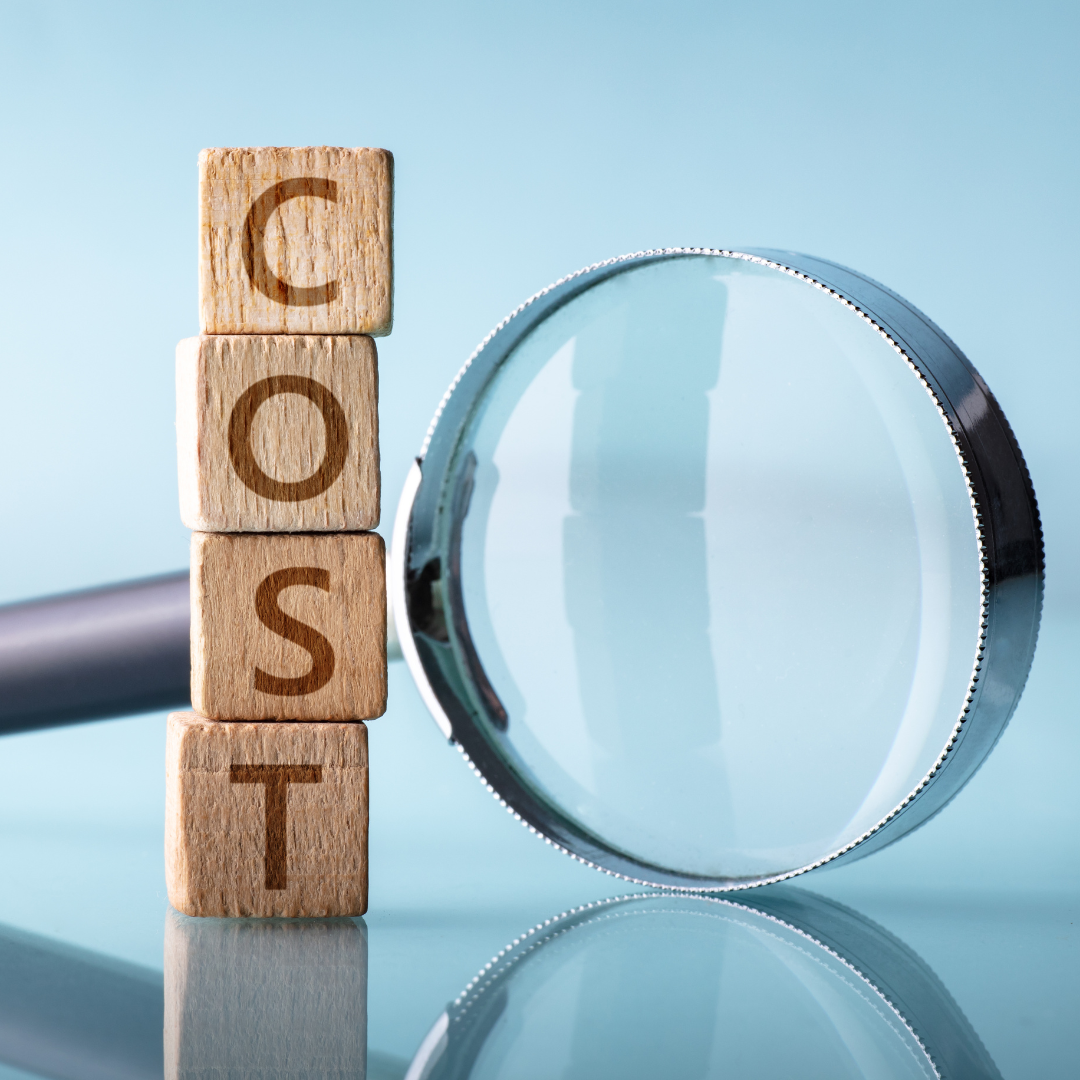
Before hiring a builder, make sure to ask about any escalation clauses on the contract. If you’re not familiar with the lingo, this is a section on the contract that regulates increases in the quote and a re-negotiation of the final price.
Escalation can be due to upgrades done along the way, for example when switching to a more expensive countertop. However, there is also the possibility of having something called material escalation. This type of clause was created to cover the hike in the price of construction material, particularly after 2020. Also called “builder’s escalation clause”, it can cause the closing price of your home to go up significantly.
Most escalation clauses state that a builder can increase the final cost up to a certain percentage, in order to cover the rising costs of specific materials (lumber, concrete…).
In our experience, escalation clauses can be tricky. Many unscrupulous builders don’t disclose them, so clients end up investing more than what they planned to.
It’s important to work with a trustworthy builder that is transparent about pricing, whether they include an escalation clause and what are its terms.
PRO TIP: If you ask about escalation clauses and your builder doesn’t give you a straight answer, take it as a red flag. A good builder respects you and will try to make the contract as clear as possible.
How to choose the right custom home builder
So, you’re ready to start building your dream home, but still haven’t selected the right contractor? If you don’t know where to start, here are a few must-haves:
- Experience: Some skills can only be learnt on the job, so make sure you hire someone that has several projects under their belt. An experienced builder will also be able to give advice on the project as a whole, as well as a better estimate on delays.
- Prior Client Testimonials: Ask your prospective builder about past clients. A good contractor usually has plenty of good recommendations and happy clients vouching for them.
- Service Area & Local Contacts:
Hiring a local custom home builder will always be the better choice. With a local contractor, they’ll have the network and contacts to solve any problems right away. Plus, they’ll have access to trusty suppliers and might even be able to get a few discounts.
Final thoughts
Considering the current market and labor costs, making the right choices for your custom-built home will greatly affect your final price per square foot. If you have questions, it’s best to talk to a local builder: they’ll have the expertise to give informed advice and offer opinions tailored to the area you want to build in.
If you have questions, call Southern Charm Building & Construction at (352) 631-8983. Our team is happy to help you figure out your next steps.
References:
1. US 2020 housing Census. Available here.
